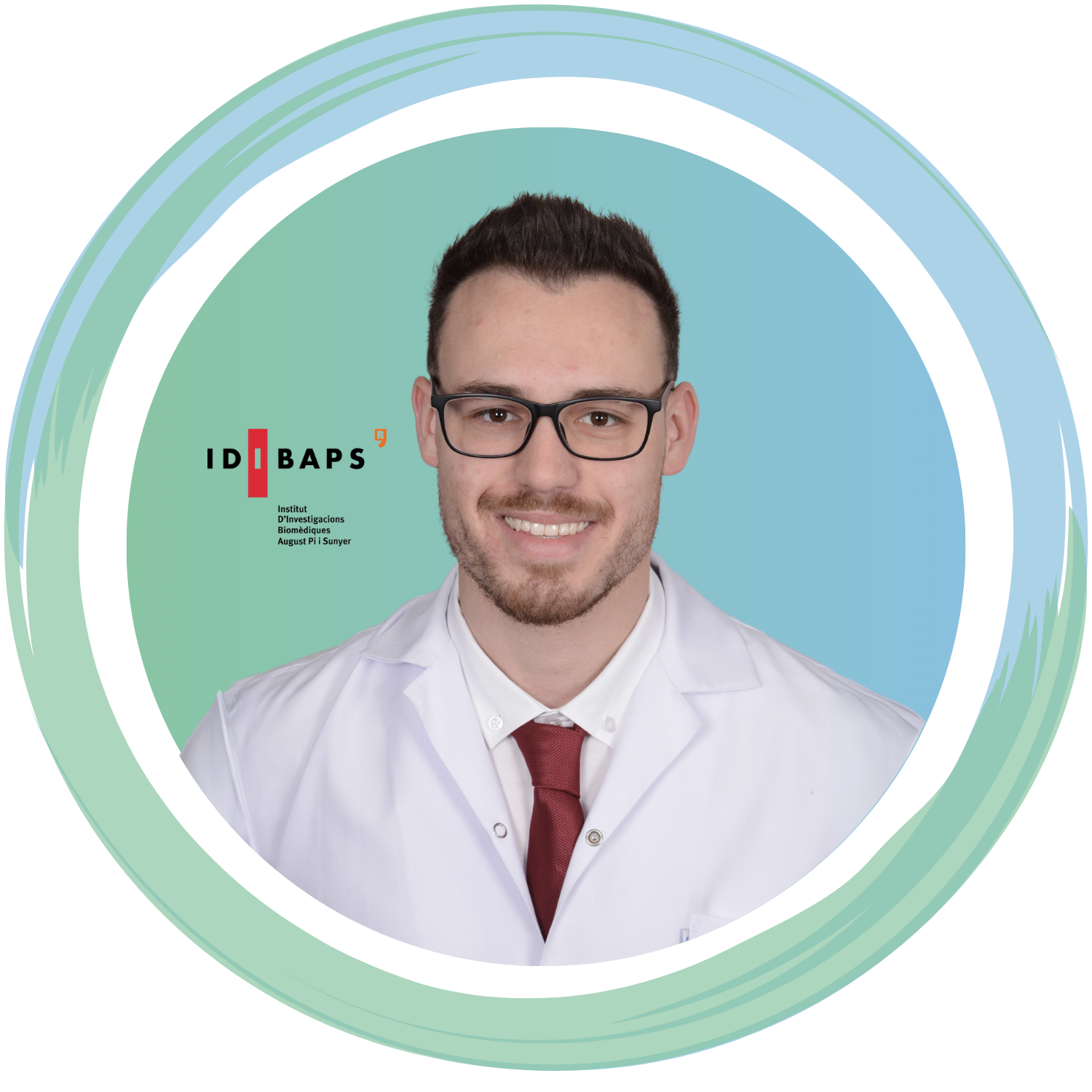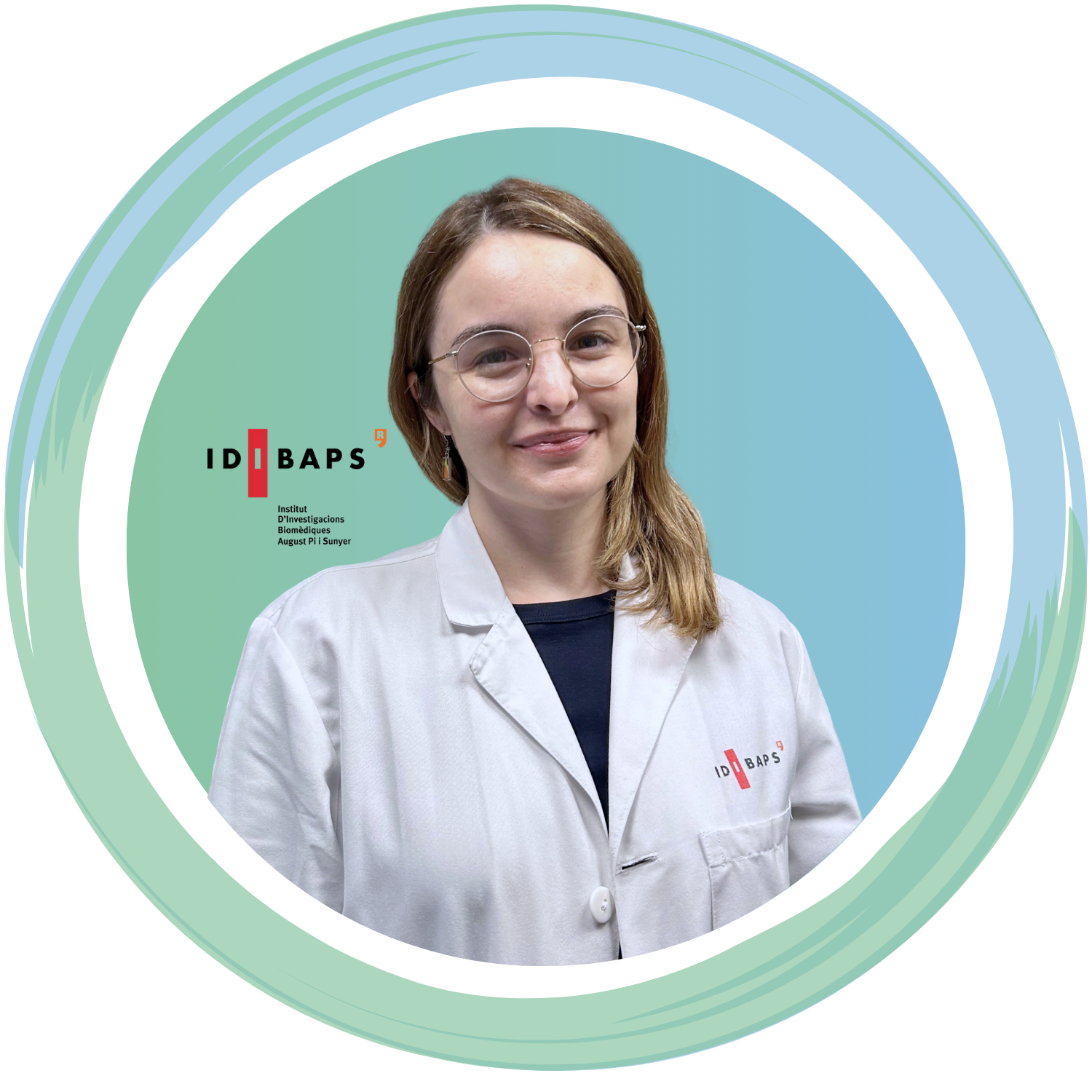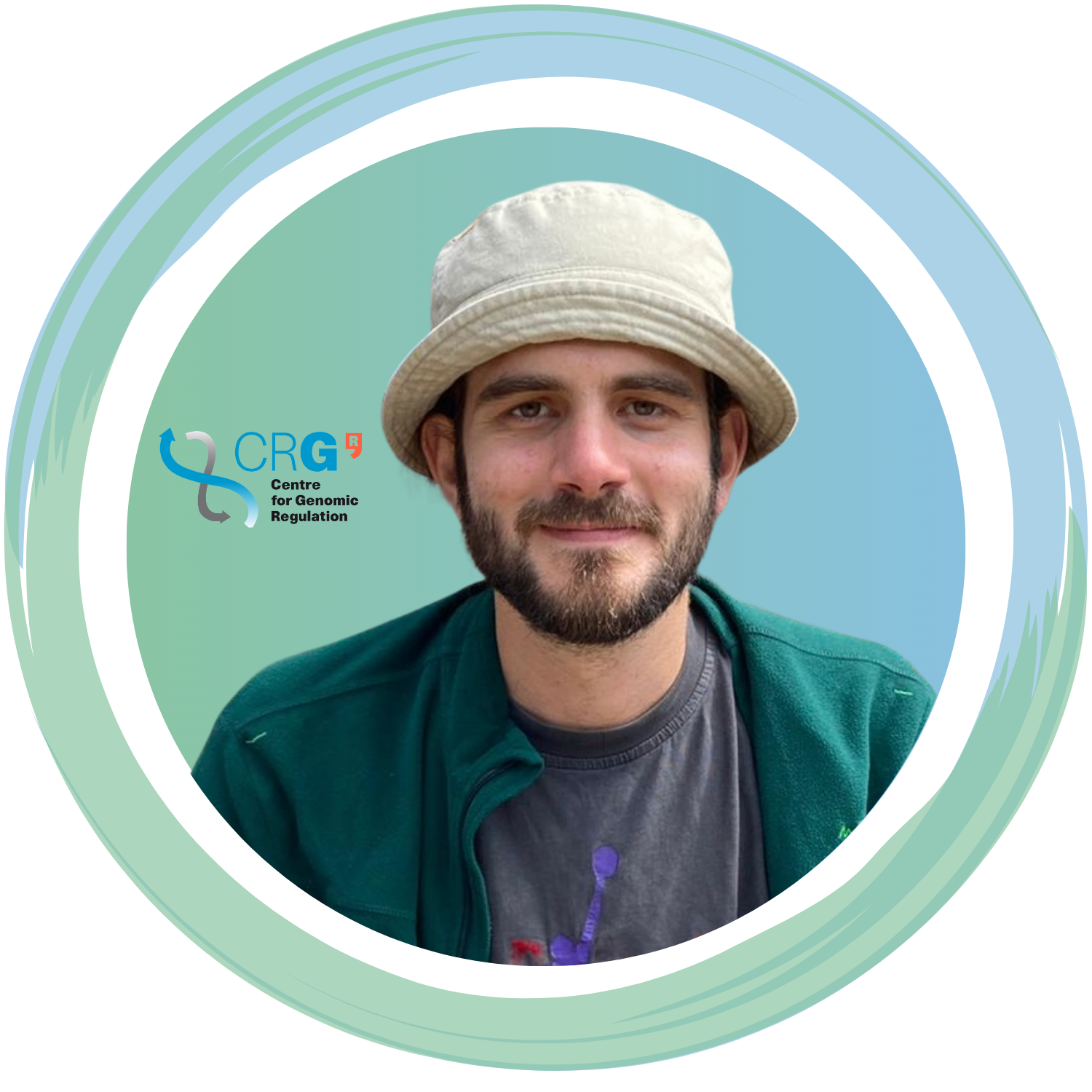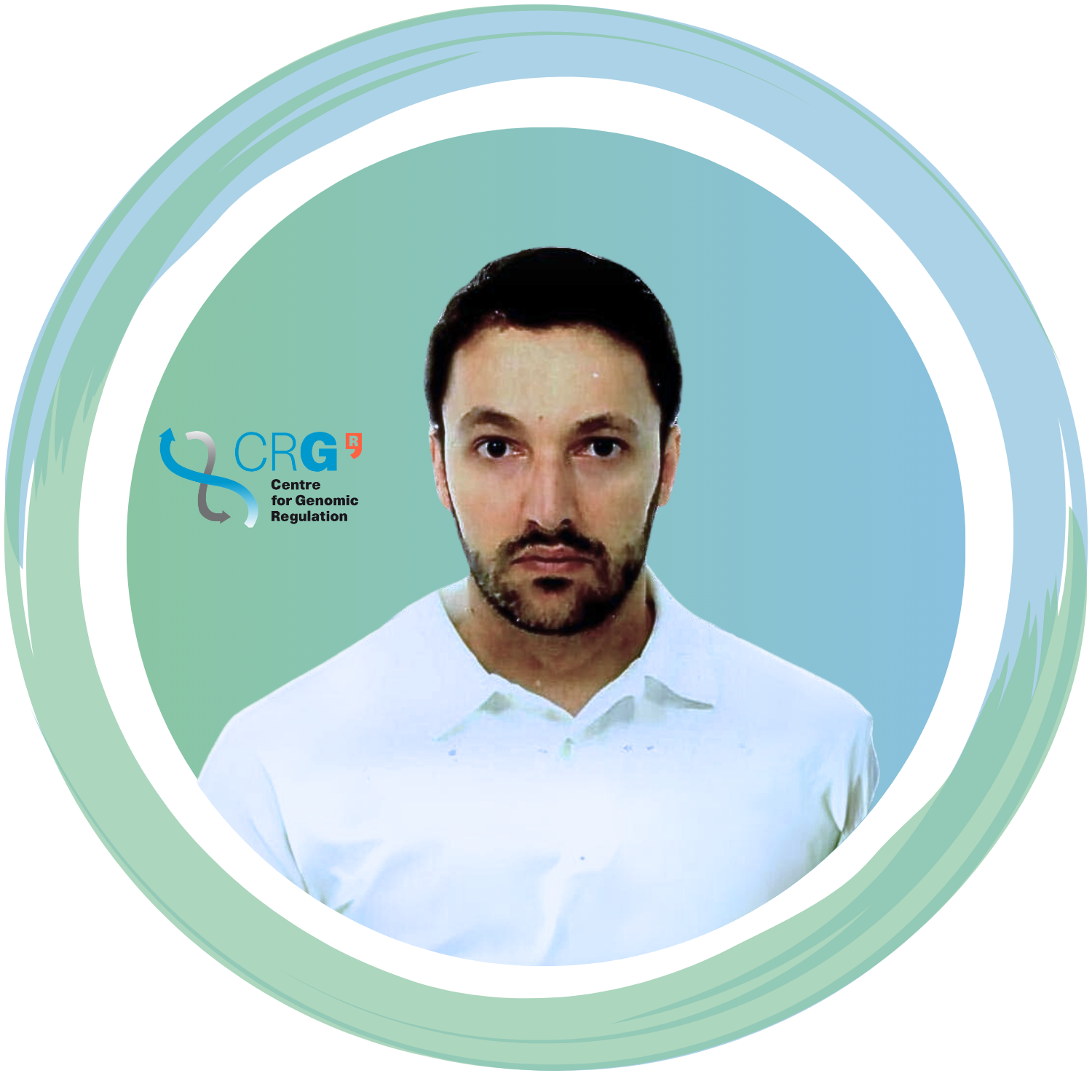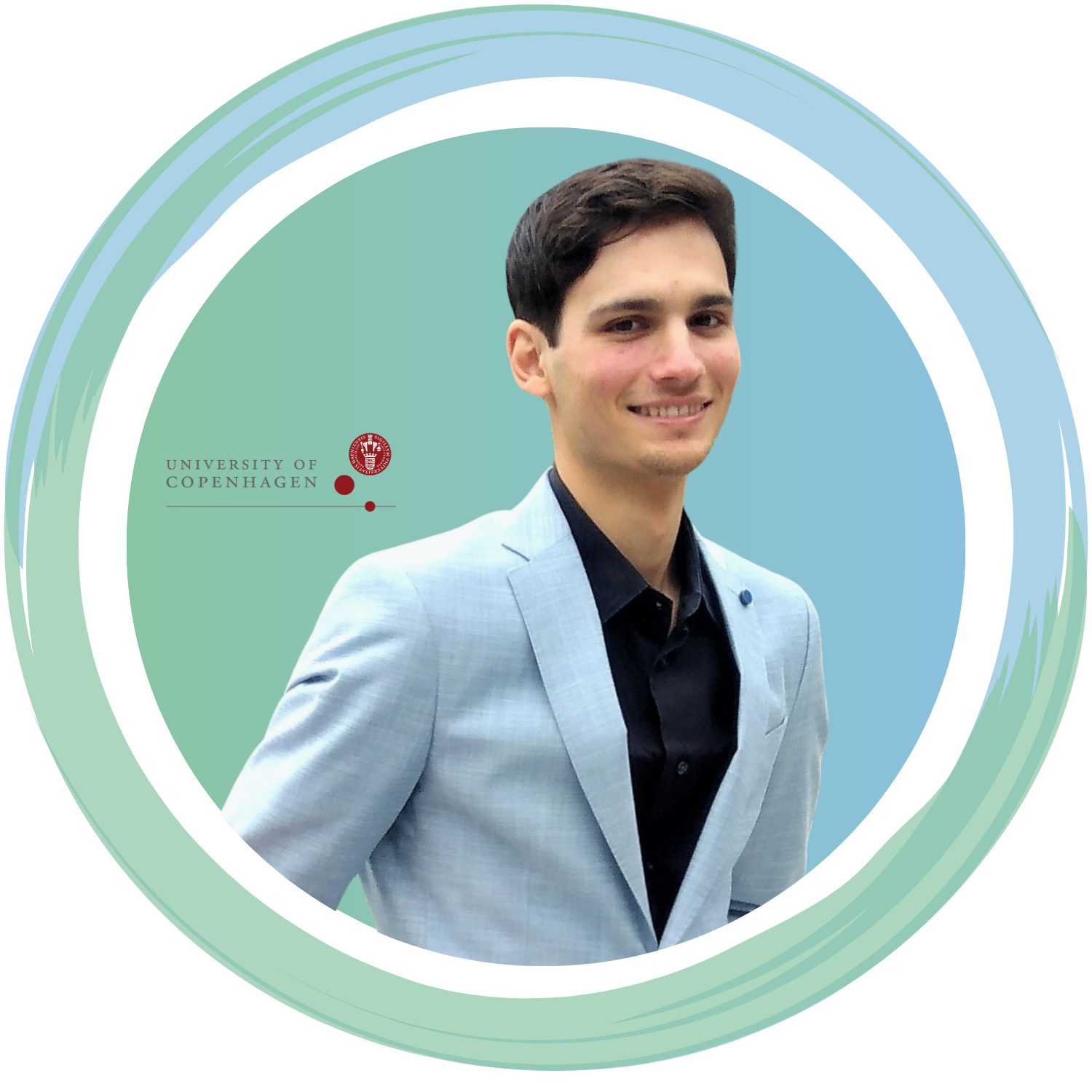The lab: Sørensen group
Lab's research themes
The overarching goal of our research is to understand the mechanisms underlying the maintenance of genome stability in mammalian cells, and how impairments of these mechanisms cause diseases such as cancer and neurological disorders. Based on this foundational understanding, we aim to find new targets mainly for cancer therapy as well as improve current therapies. Slightly more specifically, the main projects of the lab deal with A) What causes familial breast and ovarian cancer development? B) New mechanisms underlying genome maintenance.
Merits of the lab
Cellular feedback systems ensure genome maintenance to suppress diseases such as familial breast and ovarian cancers. We are actively uncovering the key players, among our key findings are:
a) CtIP (RBBP8) genetic variants may predispose to early-onset breast cancer by compromising genome integrity
b) New CRISPR-method to uncover the function of genetic variants, especially with focus on early-onset breast cancer. This is in part focused on the challenging hypomorphic missense variants.
c) The emerging cancer target WEE1 kinase limits CDK activity, accordingly, the WEE1-CDK axis controls multiple key pathways including several DNA repair pathways.
d) Further, WEE1 kinase guards genome stability by suppressing a cellular nuclease that promotes DNA degradation when replication is challenged
e) New concepts in genome maintenance control with focus on the G2 cell cycle checkpoint, which is pivotal for cancer cell responses to most therapies.
Why do we train medical doctors in our team?
We have very close connections with the clinic having several joint projects with the Center for Genome Medicine (Copenhagen General Hospital). Thus, our clinic and research environments form a coherent and structured platform with exchanges and interactions at all levels. Personnel frequently exchange between the two places, we jointly craft projects/grants, we publish together and we have monthly meetings to discuss progress and challenges in an open form.

The position
Meet Zijun!
Biosketch
Zijun is a PhD fellow at the Biotech Research Innovation Center of Copenhagen University. With a strong foundation in Clinical Medicine cultivated during her 5-year undergraduate study at Chongqing Medical University, Zijun’s academic odyssey is characterized by an unwavering commitment to confronting formidable medical challenges and propelling the boundaries of biomedicine. Zijun finished her Master’s degree at Peking Union Medical College, majoring in Stem Cell and Regenerative Medicine. During the Master’s program, Zijun worked on a critical quandary in the clinical application of CRISPR genome editing technology: safety concerns linked to large deletion mutations. The fruits of their labour culminated in groundbreaking research published in Genome Biology in 2021. This journey has endowed her with experiences spanning Molecular Biology, bioinformatic analysis, and proficiency in English scientific writing, igniting an enduring passion for unravelling the mysteries of gene therapy for debilitating diseases.
University awarding the PhD
Zijun is currently enrolled at Copenhagen University, in the Molecular Mechanisms of Disease (MoMeD) local PhD Programme.
I decided to become a physician because…
Since high school, I’ve harboured a heartfelt aspiration to alleviate the suffering and pain caused by illness, and I’m dedicated to turning this dream into a reality.
But also, I wanted to become a scientist because…
The progress of science is essential to advance the field of clinical medicine.
What I am working on?
The tumour suppressor BRCA2 collaborates with BRCA1 in DNA double-strand break repair by RAD51-dependent homologous recombination (HR) and protects stressed DNA replication forks from nucleolytic attack. Recently, my host team has collaboratively revealed a DNA binding and a RAD51 interaction motif in the BRCA2 C-terminal domain (CTD), which contribute to DNA damage repair and replication fork maintenance. As BRCA2 variants are mostly reported as variants of unknown significance (VUS) compared to benign or pathogenic variants in hereditary breast and ovarian cancers, it is important to unravel the functional relevance of the remaining VUS. The first aim of this project, therefore, is to decode the role of BRCA2 variants with a focus on the C-terminus using the newly developed CRISPR-Select variant functional assay. This assay is unique as it allows a quantitative estimate of variant impact on protein function. Additionally, preliminary results showed that protein truncating variants (PTV) introduced in the C-terminal end of BRCA2 had fitness phenotypes but no PARP1 inhibitor (reported as having synthetic lethal effects in BRCA2 defective cells) sensitivity response. It is interesting to investigate more PTV in the BRCA2 CTD and is of great potential to uncover a new HR-independent function of BRCA2, which is the second aspect of this project. Finally, the host lab uncovered a new interaction partner for BRCA2, Cyclin F. Notably, the BRCA2 binding site overlaps with the C-terminal DNA binding site. This project will therefore use a combination of methods to understand if and how Cyclin F regulates BRCA2.
Why is this important to me as a medical doctor?
This presents a valuable opportunity for me to engage in cutting-edge fundamental research aimed at addressing clinical challenges.
Who am I besides a future physician-scientist?
I am interested in playing volleyball 🏐.


